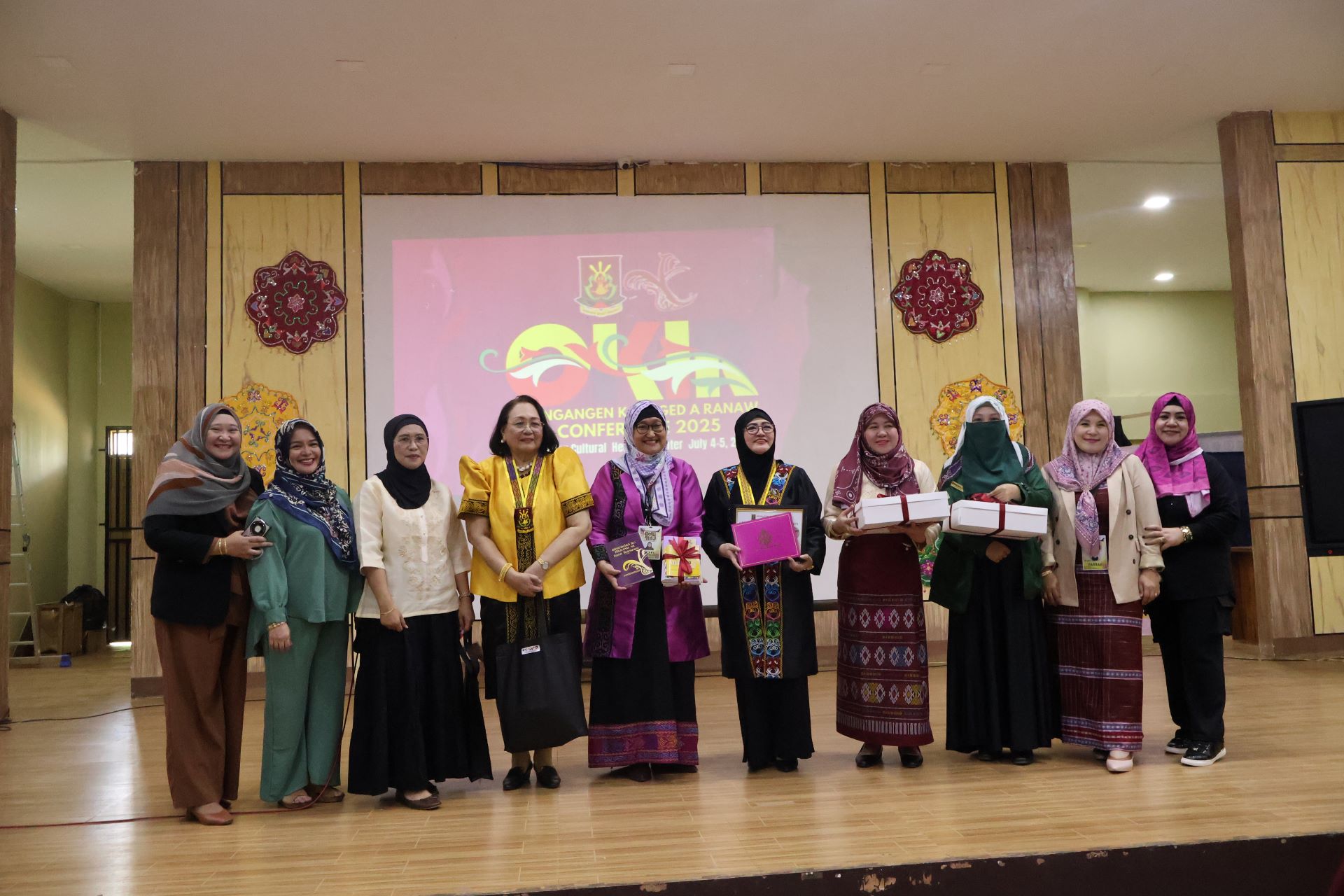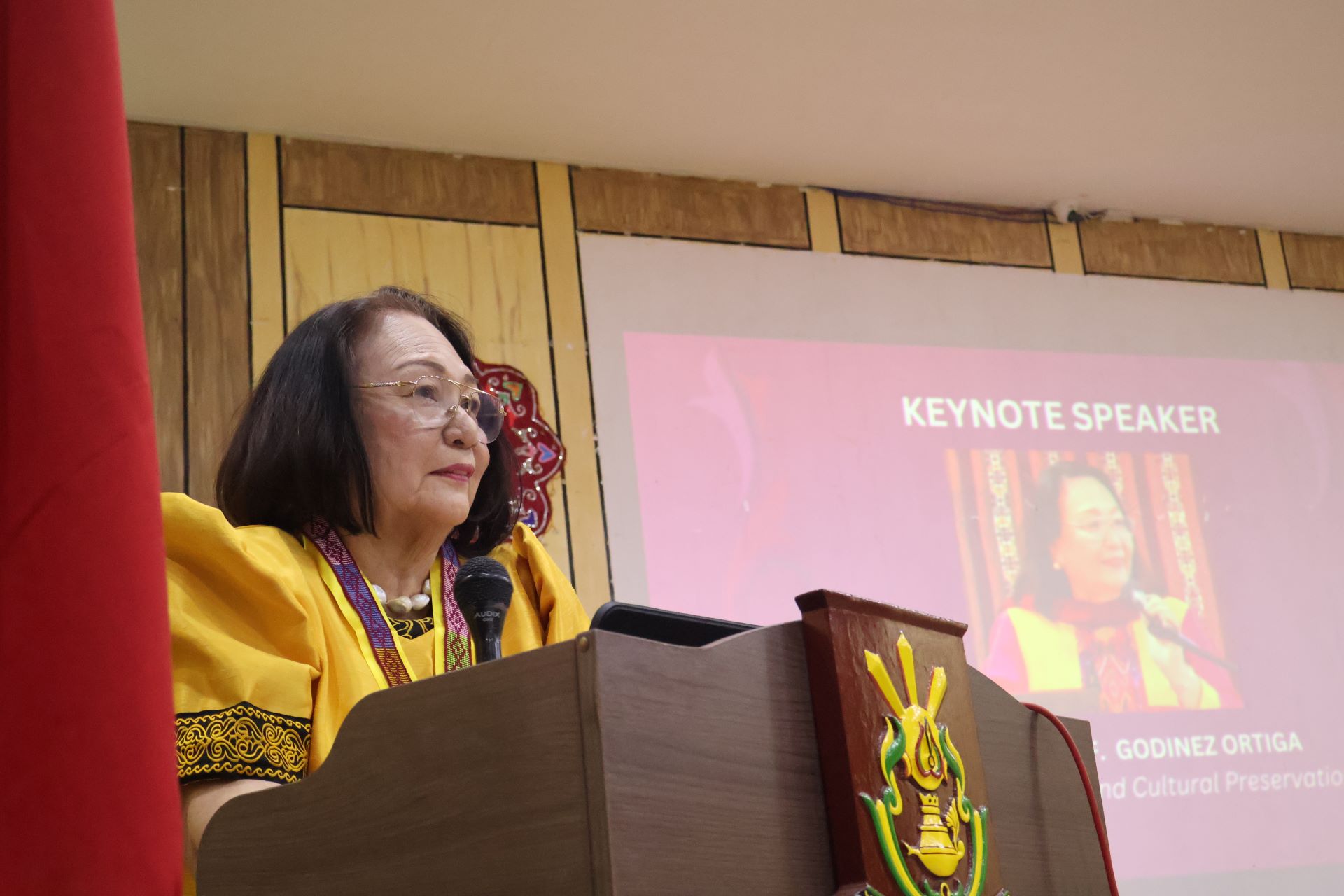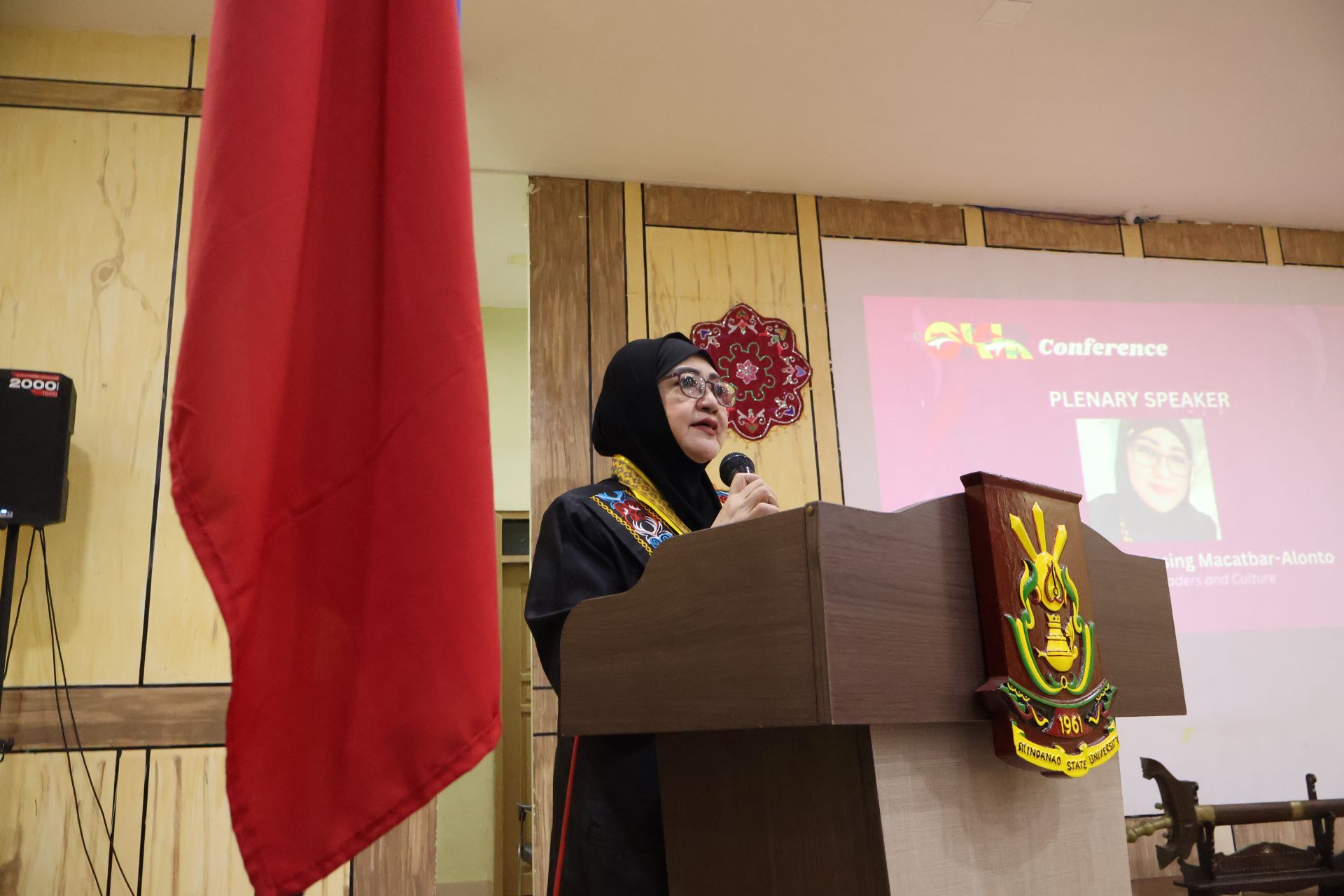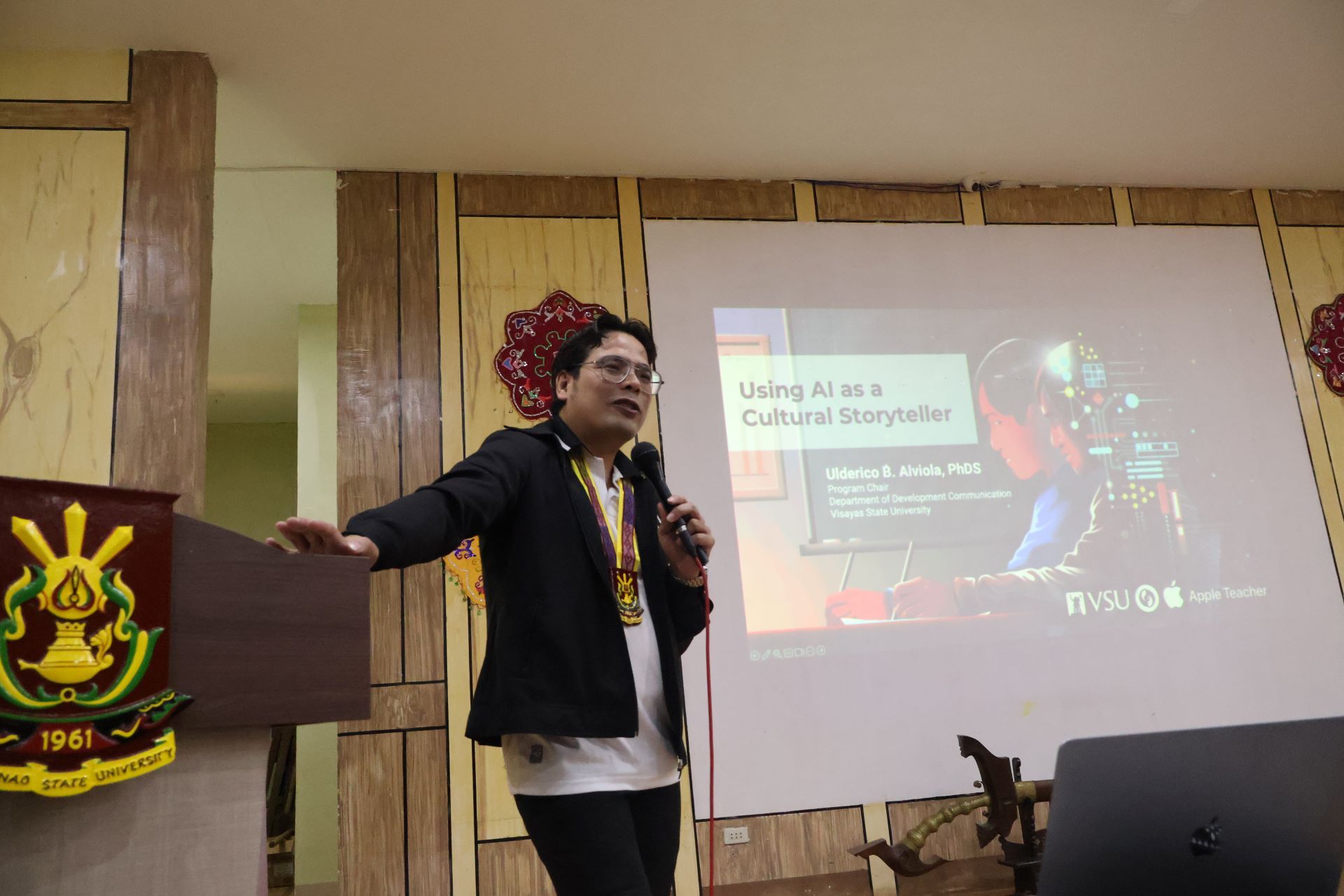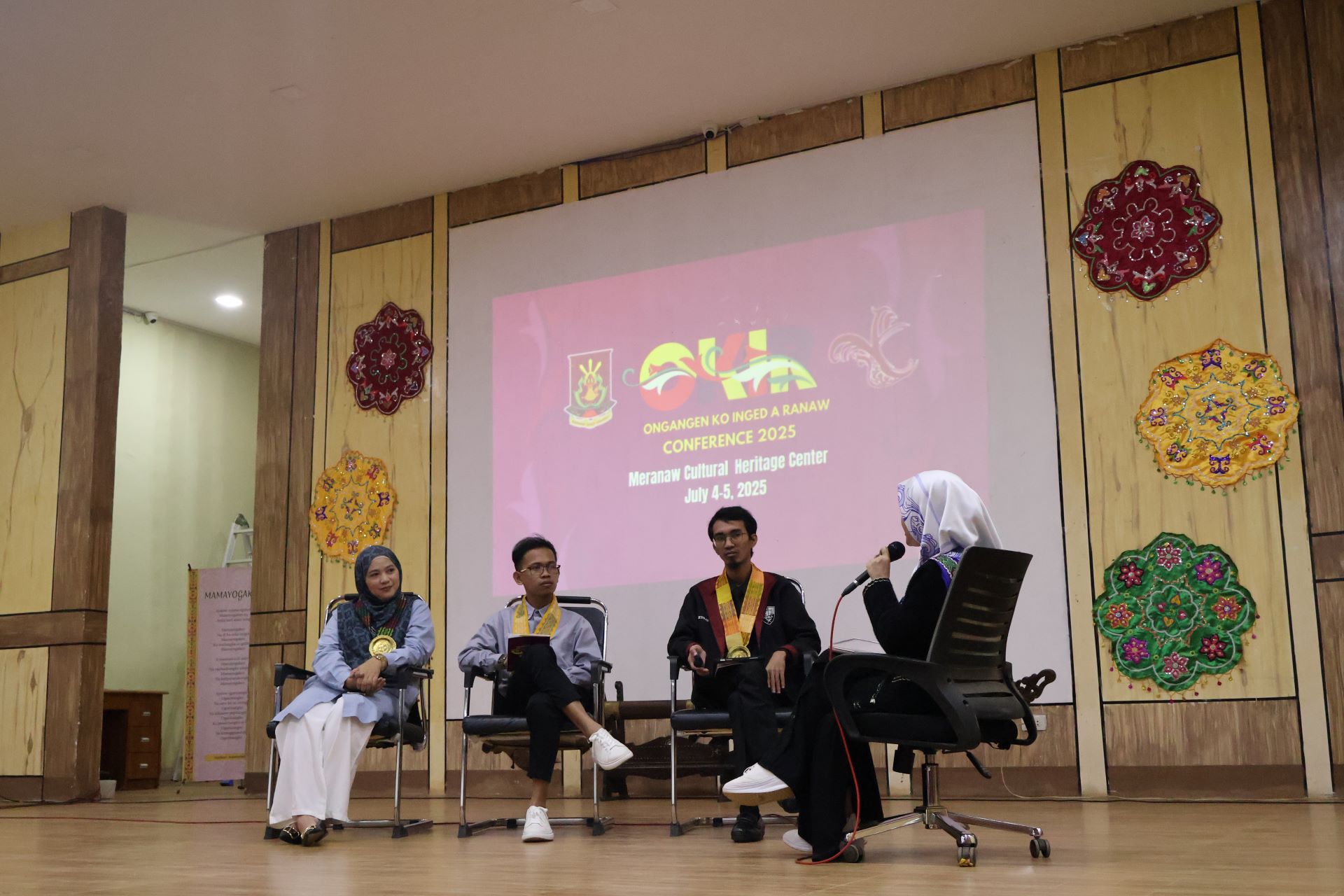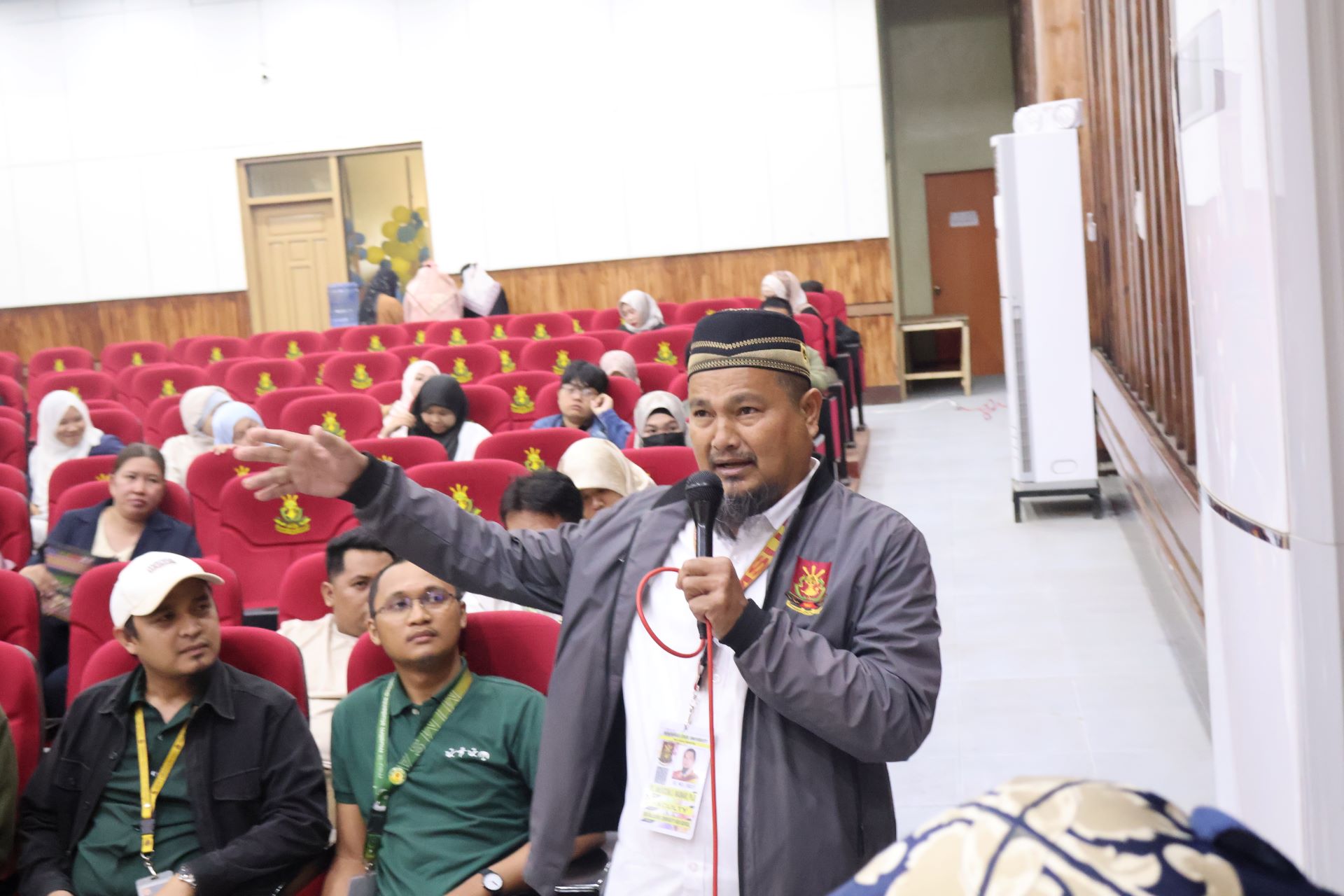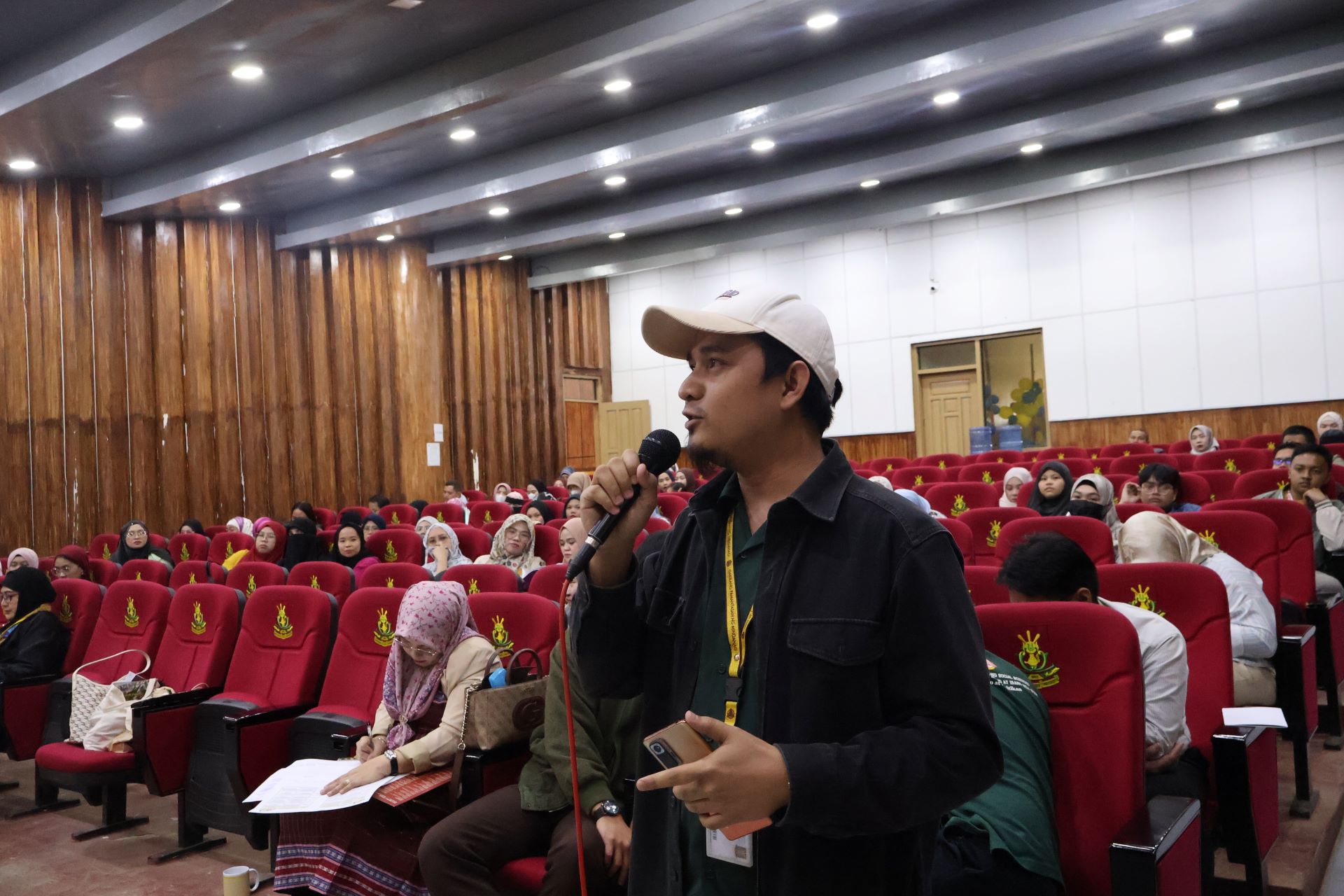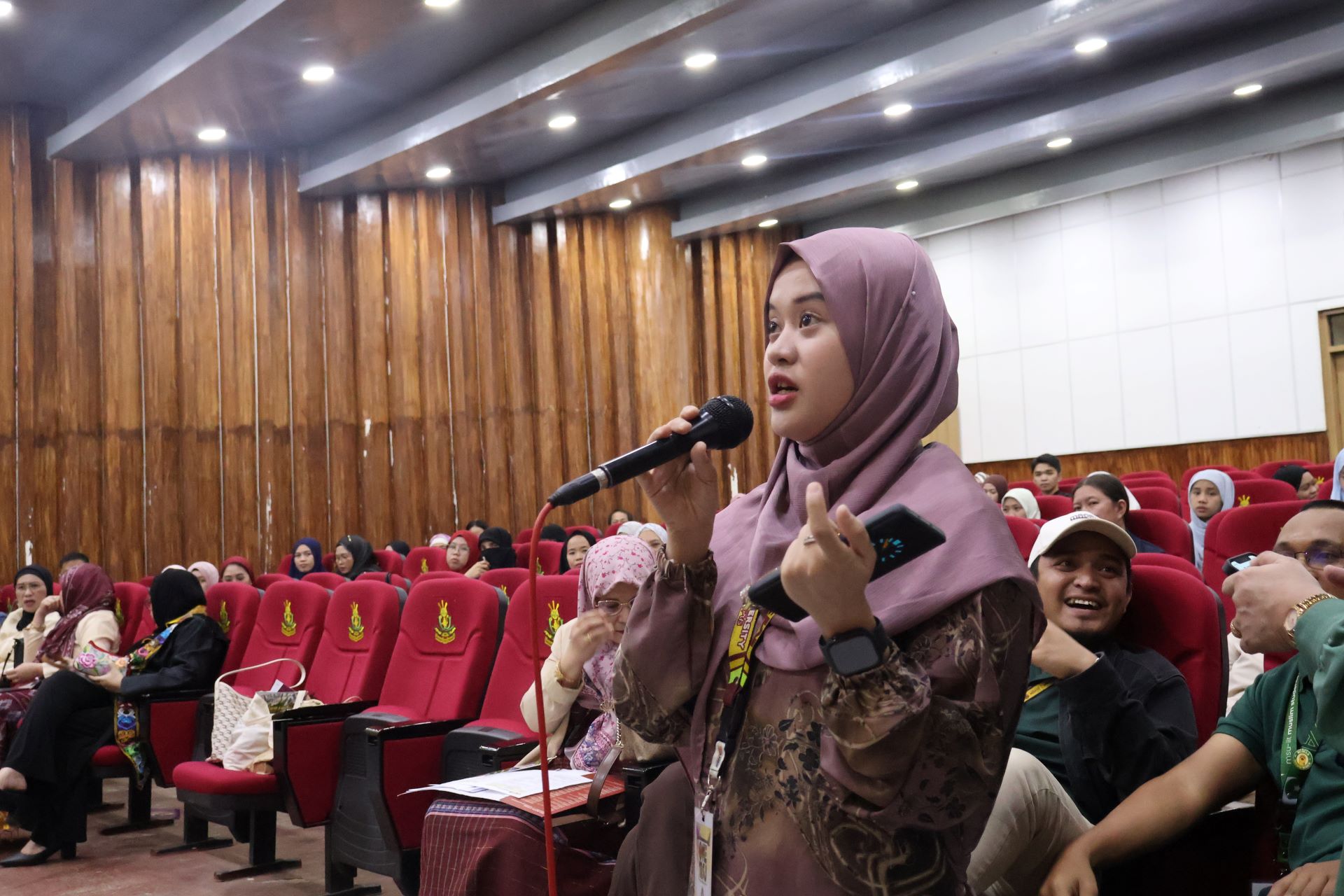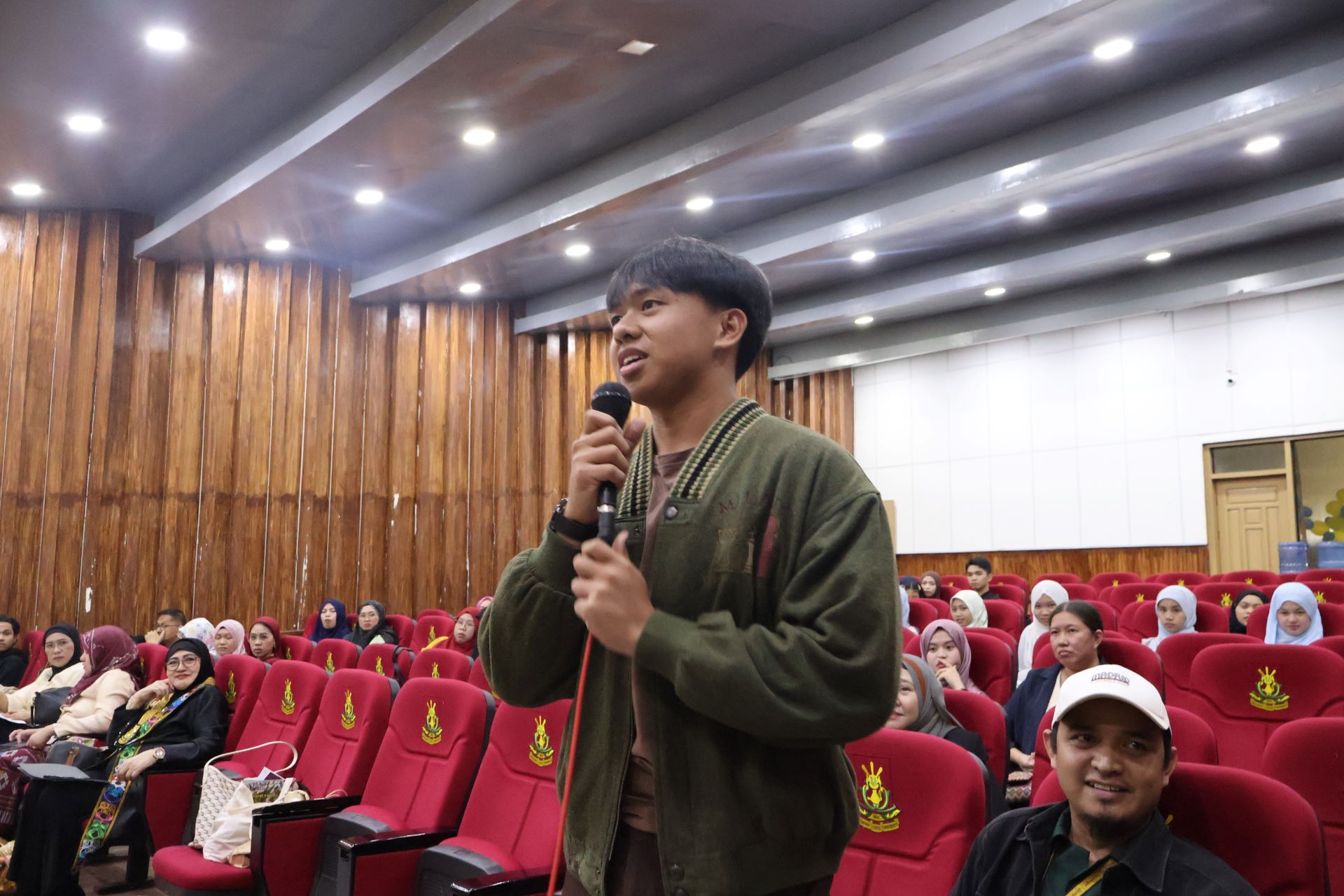“Pagyagawaan a di kapipis” — Culture is not merely inherited; it is lived. These powerful words from a Meranaw elder echoed through the halls of the Meranaw Cultural Heritage Center during OKIR 2025: Ongangen ko ingud a Ranaw, a two-day national conference held on July 4–5, 2025. With the theme “Life, Culture, and Environment of the Meranaws in Lanao and Beyond,” the gathering brought together researchers, students, educators, and cultural advocates for a shared purpose: to reflect, reconnect, and respond to the call of cultural preservation.
The conference opened with a deeply moving keynote address from Dr. Cristine F. Godinez Ortega, a renowned writer and literary scholar whose heart beats for the Meranaw story. In her lecture on “Literature and Cultural Preservation,” Dr. Ortega encourages participants to document, write, and revive the literary soul of the Meranaws through folktales, poetry, and oral traditions. She spoke not only as a scholar but as a “Meranaw by heart,” encouraging participants to let literature become a living archive of identity. “Write your stories,” she said, “Let your work speak louder than silence. Let others criticize it—at least it’s honest and real.” Her passion for the culture, deeply informed by her decades of reading and teaching literature across the Philippines, left a lasting impact.
Equally inspiring was the session led by Bai Norhata D. Macatbar-Alonto, a respected pioneer among Muslim women leaders. Her talk, “Women Leaders and Culture,” offered a heartfelt reminder that the responsibility of preserving and nurturing culture does not rest solely with men. In her words and example, she gently emphasized that women are not only carriers of tradition they are also its nurturers and creators. With grace and wisdom, she reflected on the lives of the Sahabiyyat, including Khadija (RA), the first to believe in the message of Islam; Aisha (RA), known for her sharp intellect and deep knowledge; and Fatima (RA), beloved daughter of the Prophet ﷺ and a symbol of strength and devotion. Their stories were not just historical they were sources of timeless guidance. Bai Norhata also honored the legacy of local Muslimah leaders, have uplifted their communities through quiet strength and unwavering dedication. She reminded us that true influence begins with how a woman carries herself with dignity, compassion, and pride in her cultural identity.
In the afternoon, the intellectual energy continued as 18 research papers and two video essays were presented across four simultaneous rooms. exploring pressing issues in Meranaw arts, language, belief systems, migration, and eco-tourism. Among these, the presentation titled “Gendered Binary Oppositions in Agamaniyog Folktales: A Corpus Linguistic Study” by Sittie Aina T. Pandapatan received both Best Paper Presenter in Room 1 and the distinction of Overall Best Paper Presenter. Their study offered an insightful exploration into how gender roles are encoded in traditional narratives, bridging linguistic inquiry with cultural meaning.
In Room 2, Sahira T. Maruhom was awarded Best Paper Presenter for her timely study on migration, “Unraveling the Push and Pull Factors of Migration: The Case of Meranaw Migrants in Select Cities of the Philippines,” shedding light on the evolving identity of Meranaws living away from their homeland. Room 3 honored Saadodin Maylao, Et al. for “KASËLSILAH: Pagtatagpo ng Kultura at Pagsasa-Filipino ng Salsilah ng Bangësa ni Dimaampaw Kalinan sa Sëbangan a Unayan,” which brought genealogical wisdom into the mainstream discourse, preserving ancestral connections in modern language.
In Room 4, the team of Sittie Aina T. Pandapatan, Et al. was also recognized for their study “Beyond Words: A Semantic Analysis of Pananaroon Through Leech’s Framework,” delving into the deeper meaning of Meranaw proverbs as vessels of intergenerational wisdom.
These young scholars didn’t just present research—they offered blueprints for how indigenous knowledge can shape sustainable development, identity-building, and education in the 21st century.
Day two brought a refreshing fusion of Culture and technology, with Dr. Ulderico B. Alviola delivering an insightful lecture titled “From Algorithms to Ancestry: AI as a Cultural Storyteller.” Dr. Alviola, a respected communication scholar, demonstrated how artificial intelligence could be used and to animate Meranaw legends, create culturally rooted educational content, and even develop digital characters. His message was clear culture can survive and thrive through innovation, especially when guided by intention and integrity.
The second day also featured young cultural champions who are redefining what it means to be proudly Meranaw. Arif T. Kurangking, founder of ARTvocacy and a passionate artist shared how he transformed traditional painting into digital media to showcase Meranaw heritage through modern platforms. His art, rooted in family stories and community symbols, is now reaching young people across Lanao and beyond. Meanwhile, Sharief M. Pangaliwan, an award-winning orator and cultural ambassador, delivered a powerful reflection on language and identity. “You can learn other languages,” he said boldly, “but you are Meranaw in your blood. Our language is our legacy—never forget our language and our culture as our origin.”
Equally inspiring was Dr. Bai Salam M. Ibrahim, founder of The Meranaw Hijab, the first cultural hijab brand in the Philippines. A scholar and advocate of cultural entrepreneurship, Dr. Ibrahim shared how she infused okir designs into everyday hijabs to promote heritage while upholding modesty. “When a woman wears this hijab,” she explained, “she wears the story of her people.” Her innovation proved how even fashion can be a form of cultural preservation.
OKIR 2025 was more than just a gathering of minds it was a heartfelt convergence of identities, dreams, and shared responsibilities. It reminded all participants that to be Meranaw is not only to remember but to act. The youth, in particular, were called to carry the culture not as a burden, but as a flame to innovate while preserving, to express while honoring, and to live the stories that once lived only in folktales.
As the final session closed, a quiet but powerful call was left ringing in every participant’s heart:“Let your creativity guard our heritage. Be proud of who you are. In every word, brushstroke, and melody, let the world see the beauty of Meranaw culture.” In the spirit of this wisdom, may our generation rise not only to preserve but to live the culture we proudly call our own.

